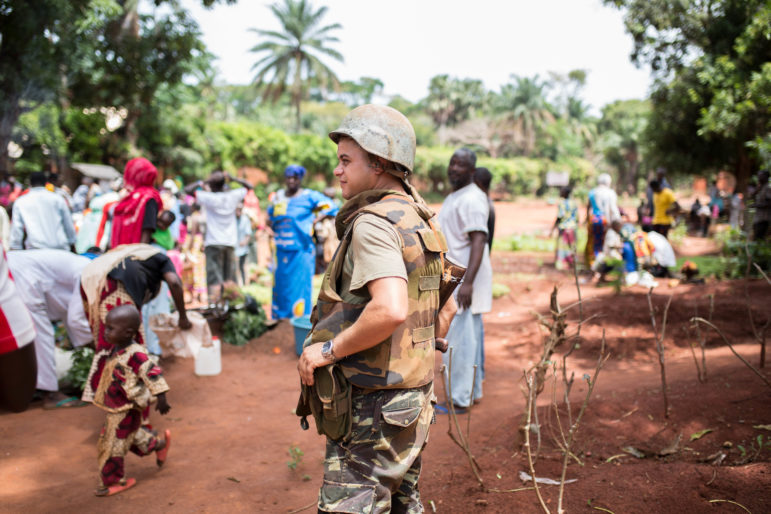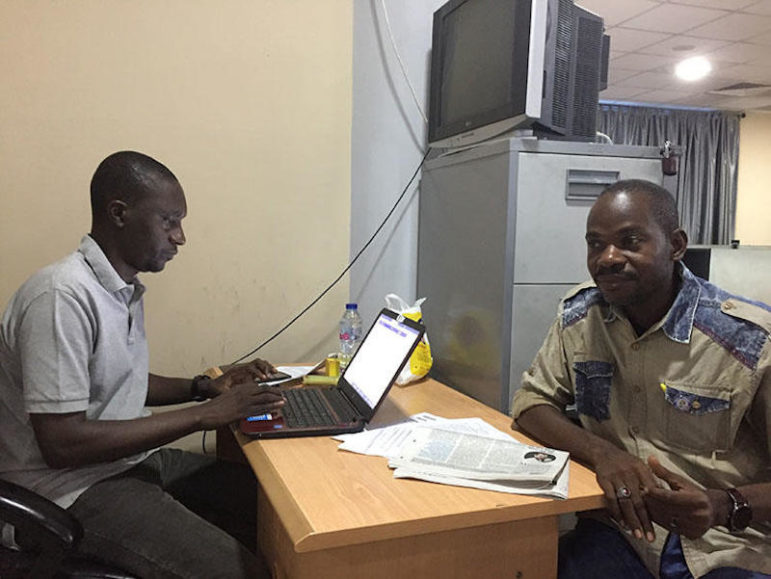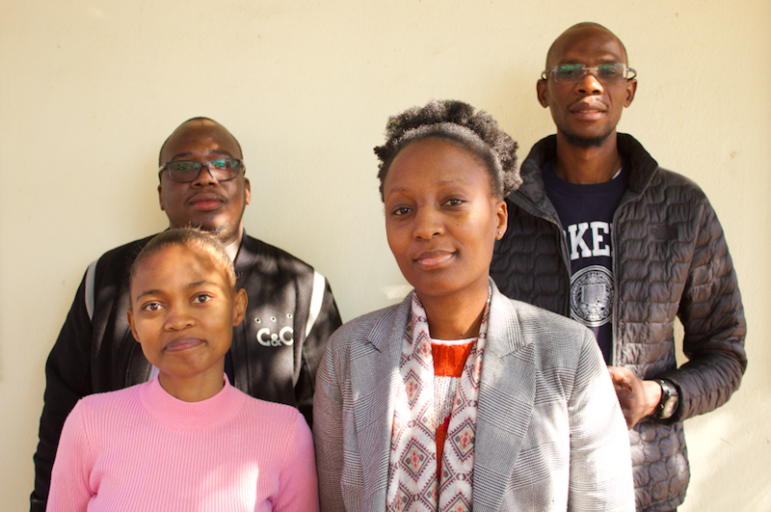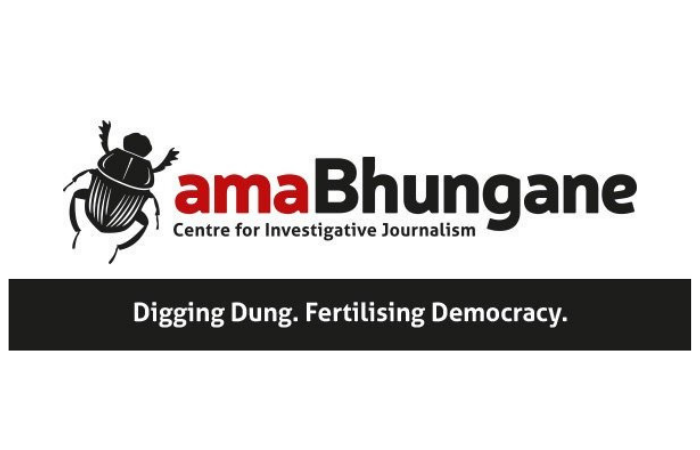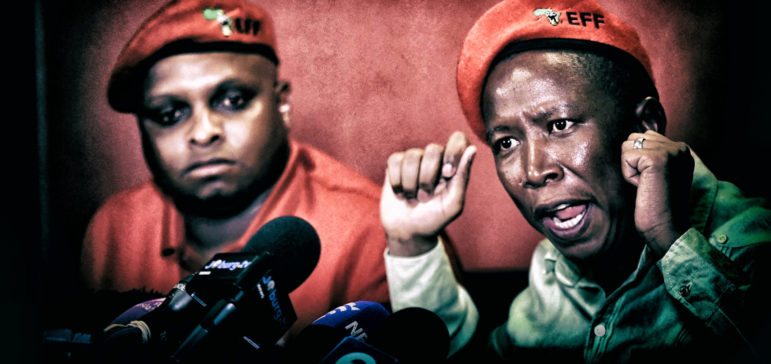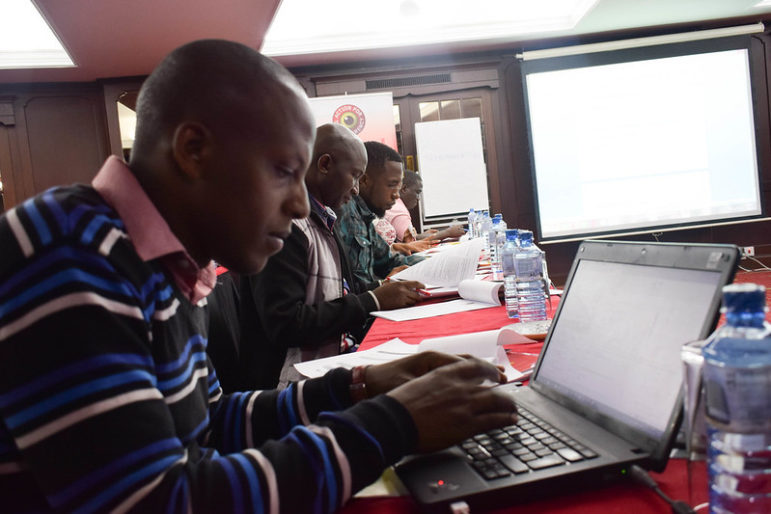
Case Studies
In Kenya, NGOs Bet on Investigative Journalism to Boost Transparency
In Kenya, the NGOs Transparency International and Fojo Media Institute have paired up to train budding investigative journalists and offer them reporting grants. GIJN’s Rowan Philp reports.

